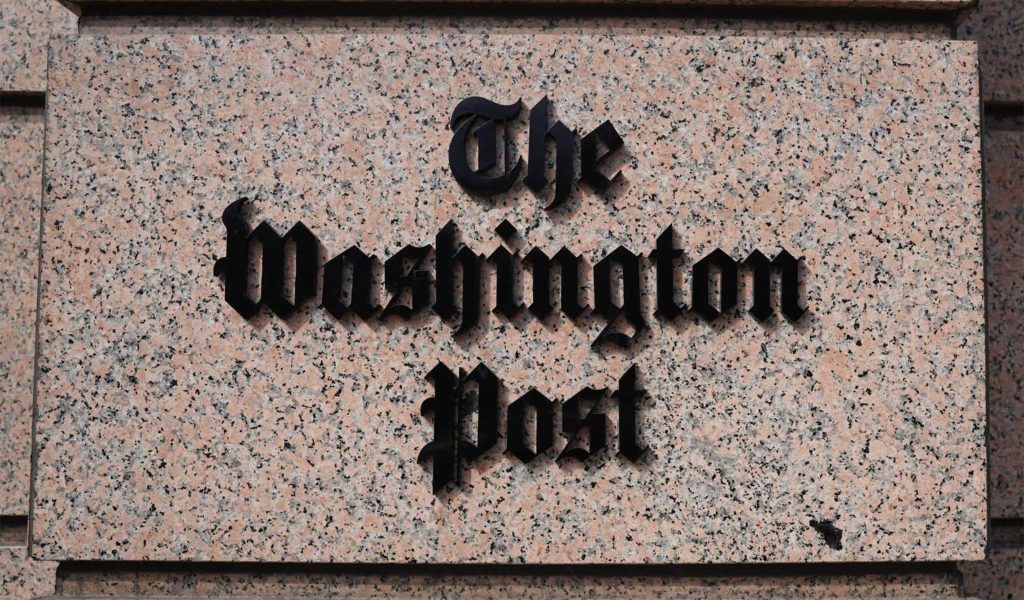DOJ Should Change Its Tune On Live Nation Antitrust Lawsuit
A few years ago, a prominent DC lobbyist told me no one could compete against America’s tech giants. He stated, “We used to say any kid with a computer could compete with them in a garage, but now they are buying up every kid with a computer who would compete with them.”
I found the belief strange given that no company has the immense wealth to buy up all potential competition on earth, any attempt to do so would inevitably result in major losses from subsidizing an endless stream of failures. But his position became more comical just a couple of years later when TikTok sent Meta’s stock into a tailspin after experiencing seismic platform growth.
Meta offers great and popular services. But despite the FTC’s ongoing lawsuit claiming as much, no serious person can any longer claim Meta has a monopoly on social media. If anything, it’s in a battle for its existence.
All of this is to illustrate how competition can – and does – flip on a dime. If you doubt this, consider the fact that only around 10 percent of Fortune 500 companies that existed 70 years ago remain today. The obvious reason is the same profits that make leaders in any industry attract competition — in the case of Meta, even foreign competition.
What a great reminder of the wisdom of Nobel Laureate Robert Mundell who used to tell his followers “the only closed economy is the world economy.”
Amazon founder Jeff Bezos understands that the threat of competition is always real. Years ago, he told his employees, “I predict one day Amazon will fail. Amazon will go bankrupt.” Bezos elaborated that his employees’ mission, therefore, was to delay the inevitable as long as possible.
This sets the stage for the latest victim of the Biden administration’s antitrust crusade: Live Nation.
Just like any other industry, Live Nation faces the constant threat of competition, both domestically and internationally. There is no law forbidding competition in its market, and Live Nation’s success makes it a target for new entrants.
Entertainment is also constantly evolving, offering consumers an ever-expanding list of options for their leisure spending. This isn’t to suggest concerts will ever go away, nor would we want them to, but the market for live music still must compete for our entertainment dollars. It’s safe to say the denominator of entertainment options and experiences with musical artists that Live Nation will compete against in the future is “more”; look how people’s appetite for seeing a movie in theaters has even weaned over time.
Pivoting back to its myopic complaint against the entertainment company, the Department of Justice claims its critical “flywheel” – allegedly allowing it to achieve monopoly status – is its ability to “lock up artists to exclusive promotion deals.” Live Nation currently manages more than 400 artists, an impressive reflection of its service given artists choose Live Nation to provide for their marketing and management needs just as we choose who cuts our hair.
But if the Department of Justice is right in its “flywheel” assertion, it would mean Live Nation’s future depends on its ability to perpetually please America’s top artists, which must be acknowledged as an inherently difficult task.
Consider how restaurants that can be community staples for decades can decline after losing a chef. As the high turnover rate in the Fortune 500 reinforces: consistently satisfying customers amid changing markets is incredibly challenging. Past achievements are no guarantee of future success.
Technological advancements are continually removing barriers to entry across industries, and the music industry is no exception. The future promises an even more accessible landscape for aspiring music artists, concert promoters, and venue operators.
Live Nation’s success shouldn’t be penalized. They envisioned a future for music others missed, and its strategic acquisitions made it a reality. Unlike Blockbuster, which infamously refused to acquire Netflix, Live Nation embraced change.
Competition can and will arise anywhere when allowed, as evidenced by TikTok’s challenge to Meta’s dominance. Complete market control is an illusion where there’s freedom. And for Live Nation to buy up every artist and venue is as feasible as buying up every social media startup was for Meta.
That’s why sooner or later, big companies always face the music. The government should stay out of it.








